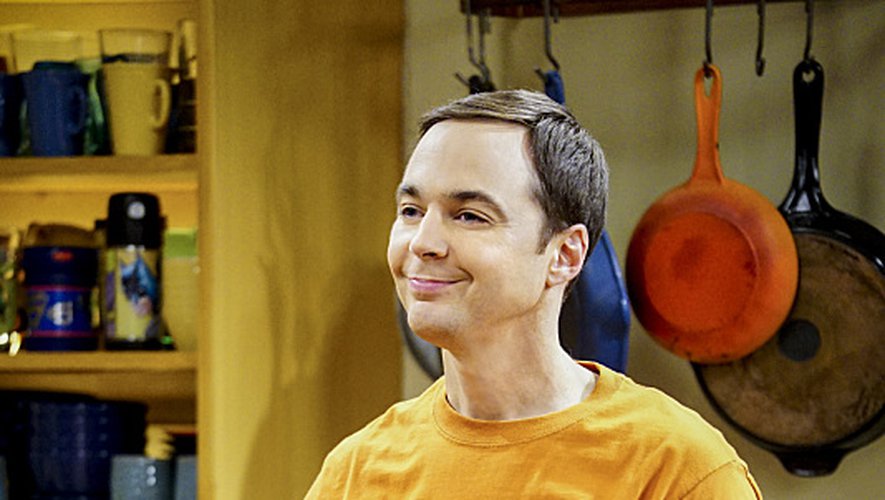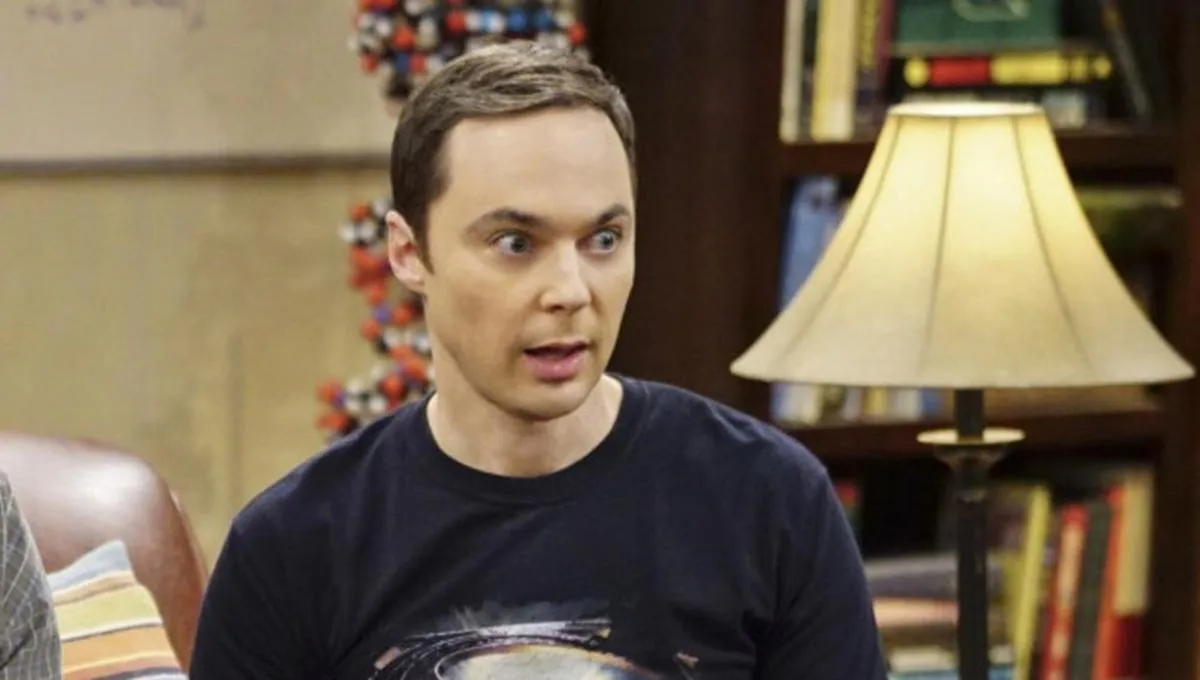Sheldon Cooper, the character in the Big Bang Theory, is often perceived as a pain in the ass because he exhibits many socially awkward and narcissistic tendencies. He is highly intelligent but lacks empathy, making it difficult for him to connect with others and understand their emotions. Additionally, he often insists on having things his way and can be quite stubborn, leading to conflicts with his friends and colleagues. However, it’s worth noting that these traits also make him a unique and memorable character, and he does show growth and development over the course of the series.

Awkward and Narcissistic Tendencies
- Sheldon struggles with sarcasm and irony, often taking things too literally and not understanding when someone is joking.
- He has difficulty understanding social cues and can come across as rude or insensitive in social situations.
- Sheldon frequently interrupts conversations and talks over people, failing to recognize the importance of taking turns when speaking.
- He is uncomfortable with physical touch and personal space, often insisting on strict boundaries and becoming agitated when they are violated.
- Sheldon has a hard time empathizing with others and understanding their emotions, which can make him seem cold and aloof.
- Sheldon often uses overly formal language and academic jargon, which can make him difficult for others to understand.
- He is very particular about routines and schedules, becoming upset when they are disrupted or changed.
- Sheldon struggles with small talk and often launches into lengthy, detailed explanations of technical subjects, which can bore or overwhelm his conversation partners.
- He is highly competitive and can become fixated on winning, even in trivial matters.
- Sheldon is uncomfortable with change and new experiences, often preferring to stick with what is familiar and known.
- He has difficulty expressing his emotions and often relies on logical reasoning to make decisions, rather than following his instincts or feelings.
- Sheldon has a tendency to correct others and point out their mistakes, which can come across as condescending or dismissive.
- He is highly critical of others’ work and ideas, often failing to recognize their value or potential.
- Sheldon struggles with teamwork and collaboration, preferring to work alone rather than in a group.
- He can be obsessive and compulsive about certain things, such as cleanliness or organization, to the point where it interferes with his daily life.
These are just a few examples, but they illustrate how Sheldon’s social awkwardness can make it difficult for him to navigate social situations and connect with others on a deeper level.

The Impact of Sheldon Cooper’s Character Traits on Viewers of The Big Bang Theory
The conclusion is that Sheldon Cooper’s tendencies towards social awkwardness and narcissism make him a complex and interesting character in The Big Bang Theory. While his behavior can be frustrating and difficult for those around him, it also allows for comedic moments and growth opportunities as he learns to navigate social situations and build relationships with others.
One negative aspect of Sheldon’s character is that his social awkwardness and narcissistic tendencies can sometimes cause him to be insensitive and hurtful towards others, even when he doesn’t intend to be. For example, he can be dismissive of his friends’ feelings and needs, and his obsession with having things his way can lead to conflicts and tension within the group. Additionally, his lack of empathy and emotional awareness can make it difficult for him to connect with others on a deeper level. While these traits make him a unique and memorable character, they also highlight some of the challenges and limitations of his personality.
Sheldon’s intelligence and unique way of thinking also bring a lot to the show, and it’s important to remember that he does show growth and development over the course of the series. By the end, he has formed close relationships with his friends and learned to empathize with others, demonstrating that even those with challenging personality traits can learn and grow over time. Ultimately, the nuances of Sheldon’s character make him an important part of The Big Bang Theory’s success and appeal.
Sheldon’s character traits can affect viewers in different ways. Some may find his behavior amusing and enjoy the comedic aspects of his socially awkward and narcissistic tendencies. Others may feel frustrated or irritated by his actions, particularly when they cause harm to other characters. Additionally, viewers may relate to Sheldon’s challenges with social interaction and his unique perspective on the world, which can help them feel seen and understood. However, it’s worth noting that while Sheldon’s behavior can be entertaining, it’s important to remember that it’s not always appropriate or respectful towards others. As with any fictional character, it’s important to separate entertainment from real-life interactions and treat others with empathy and respect.
Conclusion
Join us in exploring the complex and intriguing character of Sheldon Cooper and the lessons we can learn from him. Whether you find his socially awkward and narcissistic tendencies amusing or frustrating, there’s no denying that his growth and development over the course of The Big Bang Theory is worth examining. Discover more memorable characters like Sheldon in the vast world of movies and TV shows, and remember to always treat others with empathy and respect, even when dealing with challenging personalities.

